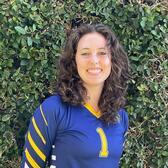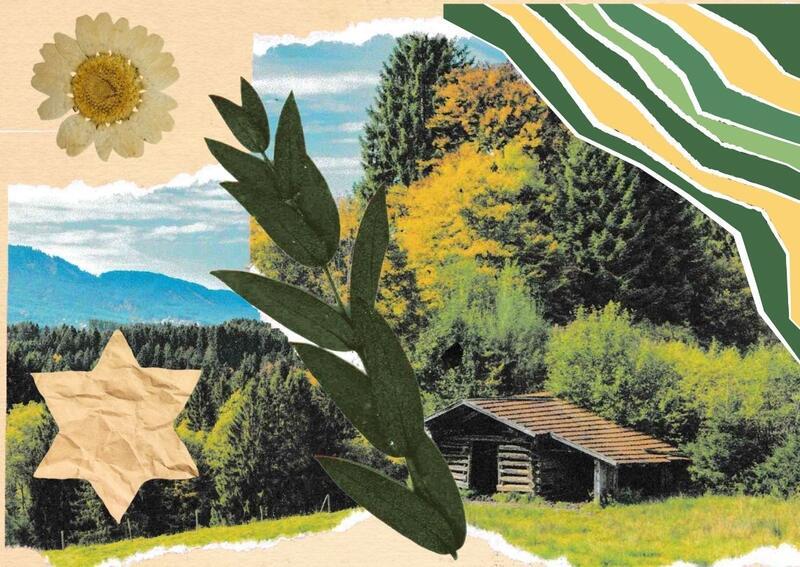The Magic of Inclusion at Jewish Summer Camp
When I come from camp every summer, I am filled with a sense of growth and fulfillment. There is nothing more relaxing and stimulating than four weeks surrounded by nature with people who see me for me. I feel like a brand-new version of myself: one that is kinder, stronger, and more capable of achieving her dreams. I've pushed my body to its limit, engaged in meaningful conversations, and learned to reflect in the peace and quiet that comes when sitting under a willow tree on a warm day.
My camp, Tawonga, has given me so much, and it is my dream to give back to this community. With that comes the question: what goes on behind the scenes to make camp magic?
Creating a magical place like this—a break from reality for some and a chance for challenge and exploration for others—takes hard work, communication, and most importantly, commitment. Commitment to acknowledge each camper's different life experiences, the various struggles they face, and the distinct ways in which they need support. It's crucial to acknowledge the struggles that Jews of color (JOC) face in predominantly white Jewish and non-Jewish spaces. This requires recognizing and addressing experiences of oppression, social barriers, and systems of power that contribute to racist rhetoric, systemic barriers, and microaggressions, and teaching white campers how to combat personal biases and be supportive allies.
Camp Tawonga’s JEDI [Justice, Equity, Diversity and Inclusion] Initiative has worked to create programming and a curriculum for just that. This programming creates spaces for discussion and celebration of all identities as the first step to fostering racial equity.
A few summers ago, I participated in an activity called the intersectional identity wheel, where my cabin mates and I were each given paper to write words that described the various parts of our identity. After writing, we went around sharing as we wished and had conversations about what these words meant and what our lives looked like. This activity gave me a chance to learn about my cabin mates on a deeper level, an opportunity that I might not have gotten otherwise. It also taught me how to acknowledge and celebrate differences rather than ignore them, which is an important step for creating a basis of understanding when building empathy towards those around me and their unique situations.
In pursuing the goals of the JEDI initiative, Tawonga offers affinity programming for those who may experience marginalization in the Jewish community. When I attend LGBTQIA+ affinity lunches, I felt an immense amount of support and empowerment in being surrounded by people who share similar struggles and joys as me. While talking with Kiyomi Gelber, Tawonga’s first director of Diversity, Equity, and Inclusion, I learned that JOC affinity programs have the same goal: to create a space for Jews of Color to be surrounded by those with similar identities and experiences and feel empowered.
Being surrounded by support and given the chance to reflect on my identity in a serious way allowed me to realize my privilege. It is my job to learn how to be a supportive and successful ally and to give back to my community as much as I can. As I finish my time as a camper, I want to become a counselor that can bring camp magic to every kid I work with. I hope to do this by acknowledging and celebrating their backgrounds and fulfilling their needs for support.
The work done at Camp Tawonga to make the Jewish community a safe and welcoming environment for people of all identities inspires me to continue learning about what it means to be a supportive ally, a thoughtful listener, and an active voice. The systemic racism rooted in our American society will not begin to change unless people are taught how to learn, listen, and uplift, instead of how to hate. While camp has felt like an idyllic environment for me, it also can replicate the issues of racism and other forms of oppression in our society. With programming that addresses and affirms our identities, we can make camp a relaxing and nurturing place for all.
This piece was written as part of JWA’s Rising Voices Fellowship.







